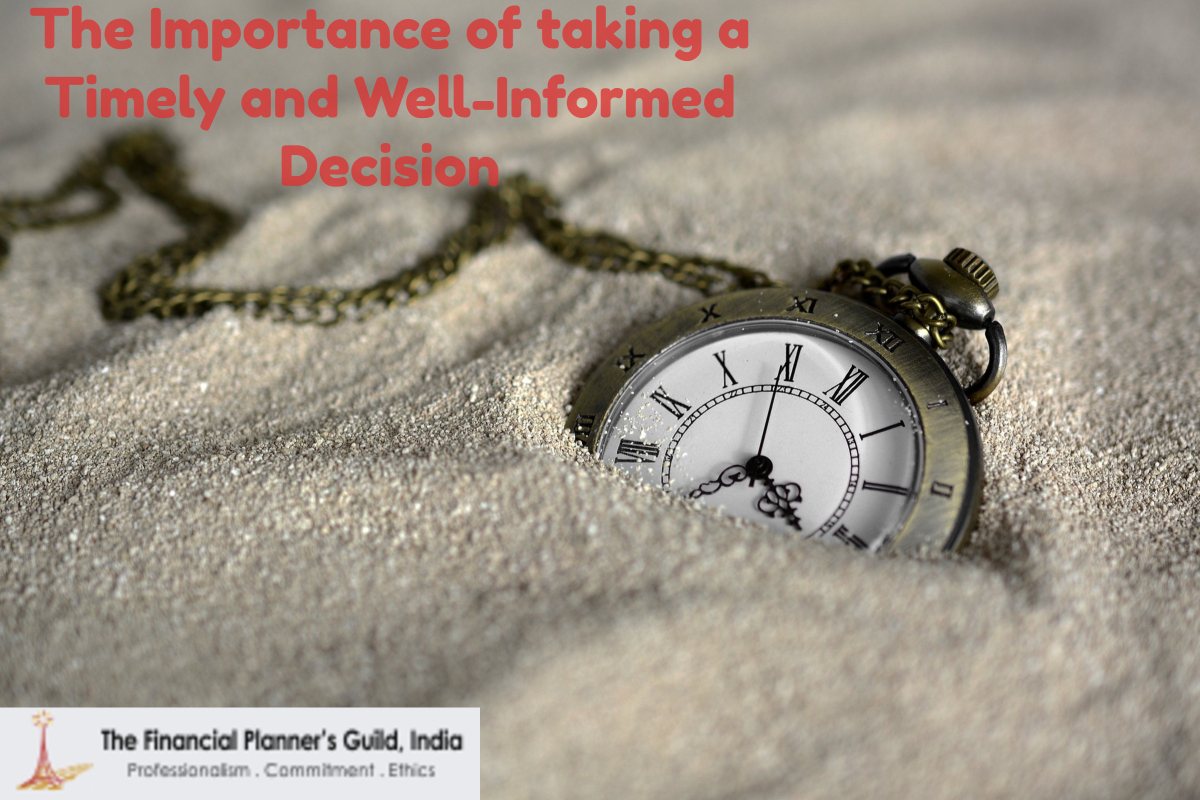
I recently shifted my residence within the same locality. As I was rushed for time (due to my travelling schedules) I had only five days between the day I came back from an outstation visit and the day of the ‘grihapravesh pooja’. The packers and movers had to be organised and all the stuff had to be shifted before the date of the ‘pooja’.
I called for quotes from three packers, selected a new and young (in terms of experience) packer whose quote was quite obviously, the lowest. So far so good (or so I thought).
Shifting day finally arrived and the chaos began. Wherever I was around I got the cartons packed the way I wanted them and marked the boxes with the contents. But since I could not be at all places at the same time, trouble began to get packed. When I enquired what was in the boxes, they said it was ‘mixed’. Basically those boxes got shifted without any marking of the contents.
Worse was to follow. The packers opened up the boxes and piled up the contents into drawers and cupboards at their own will. Since the contents were ‘mixed’ there was no one proper place for the contents to be emptied into. So they just got dumped into the first open drawer. I did not realise it then, but all hell had broken lose.
Within a few days of the shifting, my younger son had to be hospitalised and when the hospital asked me for the health insurance card or policy, I was at sea. I rushed home and searched high and low, but could not track the papers. The reason being, all the contents had been mixed and were lying somewhere. Now where that somewhere was, I had no clue. Anyway, I called the insurance company and they helped me dig up the policy papers from their records. All’s well that ends well, but it was a huge learning for me.
Let me try and co-relate this with my field of work – financial planning. If I had applied the same principles to my shifting I would have been so well off and none of this madness would have occurred.
Life becomes so much easier if we plan properly (be it our shifting or for our future goals) and have sufficient time to evaluate options and select the best-suited rather than rushing decisions. Finally, it is vital that we take well-informed decisions – selecting the right advisor (packer) and clearly demarcating the investments and not mixing the contents.
FPG India ©2024. All Rights Reserved.
Designed & Developed by W3M Technoz